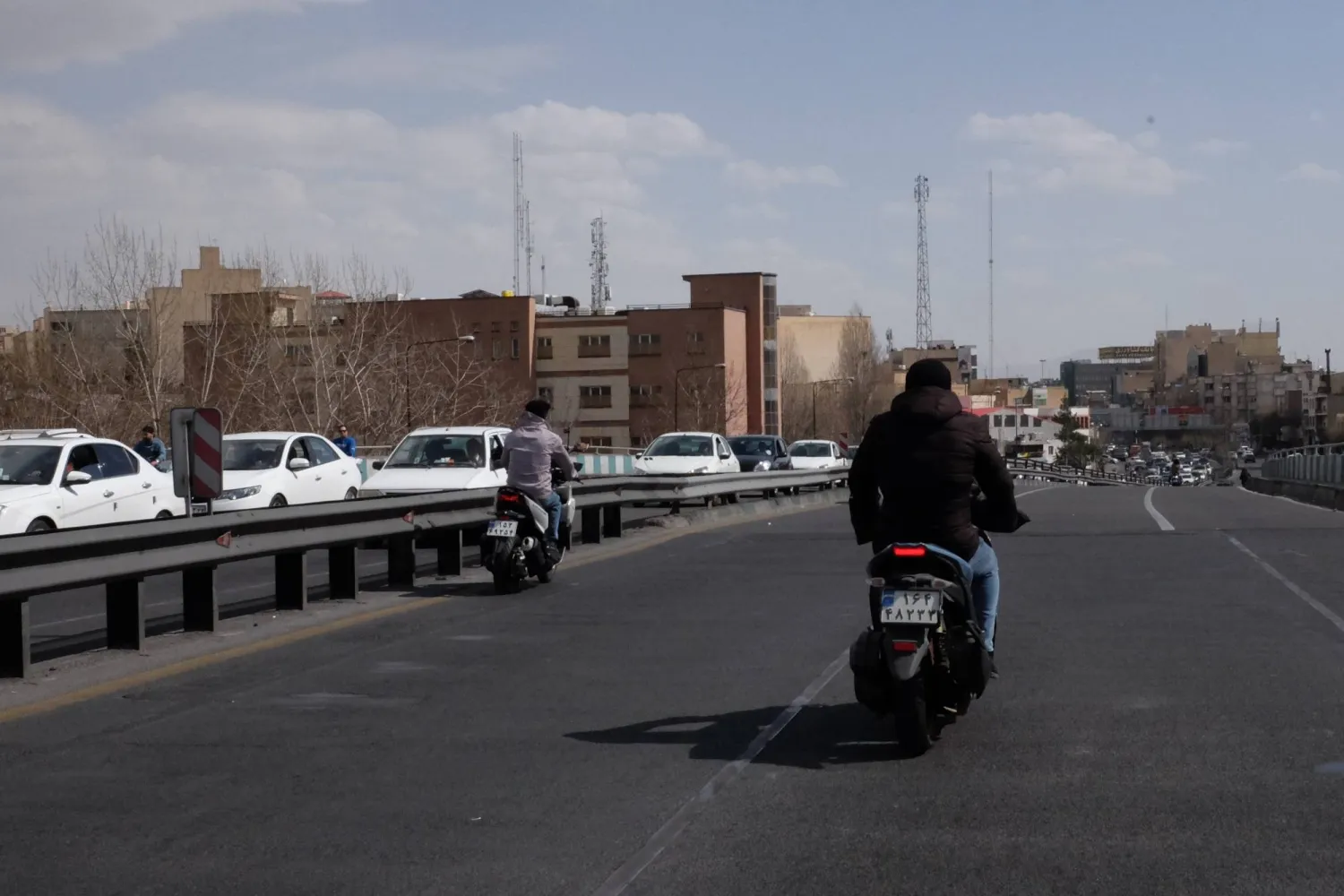The increasing number of COVID-19-related deaths in Tunisia triggered Thursday widespread concerns as officials warned the epidemiological situation could further deteriorate in the country.
The Health Ministry said Tunisia recorded 103 fatalities on June 8, taking the death toll to 13,229.
The Ministry said further 2,102 infections were reported from 8,109 tests (a positivity rate of 25.92%), pushing the infection caseload to 360,285.
It added that 1,274 more recoveries were recorded, taking the overall count to 316,004.
Ministry of Health spokeswoman Nissaf Ben Alaya confirmed on Thursday reports that the epidemiological alert reached very high levels in 21 out of 24 districts.
Ben Alaya stressed the need to abide by precautionary and preventive measures to contain the spread of the pandemic.
Authorities in Tunisia decided to extend COVID-19 restrictions by keeping in place a nightly curfew from 10 pm till 5 am through June 27.
It also kept health protocols for passengers entering or transiting through Tunisia. They must have a negative COVID-19 PCR test result issued at most 72 hours before departure from the first embarkation point.
Also, health protocols in cafes and restaurants will be maintained with capacity restrictions of 30% indoors and 50% outdoors.
Tunisia announced that 1,252,125 COVID-19 vaccines have been administered since the start of the inoculation campaign on March 13.
The Health Ministry said 28,562 vaccines were administered on June 9, while 2,339,290 people have so far registered on the national vaccination platform Evax.tn.
The government plans to vaccinate half of the country's population – 5.5 million people – by the end of the year.
This week, the Tunisian government announced an agreement with the WHO for Tunis to receive 100,000 new vaccine doses by the end of July and another 500,000 in the coming months.
Prime Minister Hichem Mechichi said the country has received only 1.6 million jabs of the 2.5 million hoped for by March via the WHO-led COVAX initiative.









